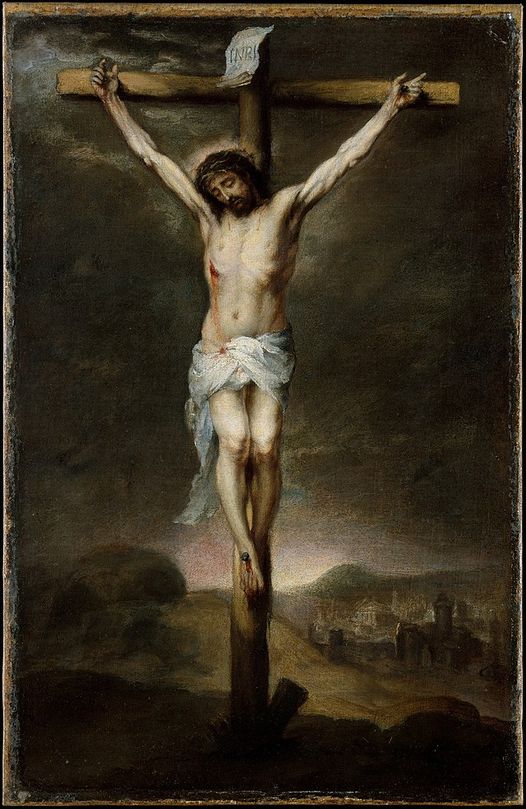Psalm 22 is a deeply emotional and prophetic passage in the Hebrew Bible, often attributed to King David. It is a lament psalm, expressing the suffering and anguish of an individual facing extreme adversity, and it also contains strong elements of hope and trust in God’s ultimate deliverance.
The psalm begins with the famous words, “My God, my God, why have you forsaken me?” This cry of despair reflects the sense of abandonment and despair felt by the psalmist, who describes being surrounded by enemies, mocked, and scorned by those around him. The psalmist then recalls the faithfulness of God towards the people of Israel in the past and how God has been with him since his birth.
As the psalm progresses, it vividly describes the physical and emotional torment the psalmist is experiencing, using metaphors such as being encircled by bulls and lions, having his hands and feet pierced, and his bones out of joint. Despite the intense suffering, the psalmist maintains his trust in God and calls upon Him for deliverance.
In the latter part of the Psalm, the tone shifts to one of hope and praise. The psalmist envisions a future where God will rescue him, and he will proclaim God’s name among his people, who will also praise and worship the Lord. The psalm concludes with a vision of God’s reign extending to all nations and generations, emphasizing the universality and enduring nature of God’s rule.
Psalm 22 holds particular significance for Christians because several passages from the psalm are believed to foreshadow the crucifixion of Jesus Christ. The opening words, “My God, my God, why have you forsaken me?” are echoed by Jesus during his crucifixion, as recorded in the Gospels of Matthew (27:46) and Mark (15:34). Additionally, other verses in the psalm, such as those describing the piercing of the psalmist’s hands and feet and the casting of lots for his garments, are seen as prophetic of the events surrounding Jesus’ crucifixion. As a result, Psalm 22 is often read and interpreted in the context of the suffering, death, and resurrection of Jesus Christ.
Questions for Thought:
- Considering the expressions of deep anguish and feelings of abandonment in Psalm 22, how can we find comfort and reassurance in our own moments of despair by remembering that even Jesus experienced similar emotions during his crucifixion?
- As Psalm 22 ultimately transitions from sorrow to praise and trust in God’s deliverance, how can we apply this shift in perspective to our own lives by choosing to trust in God’s faithfulness and love even in the midst of difficult circumstances?
- How can we use the message of hope and vindication found in Psalm 22 to encourage ourselves and others to persevere in our faith, knowing that God hears our cries and is always working for our ultimate good?
